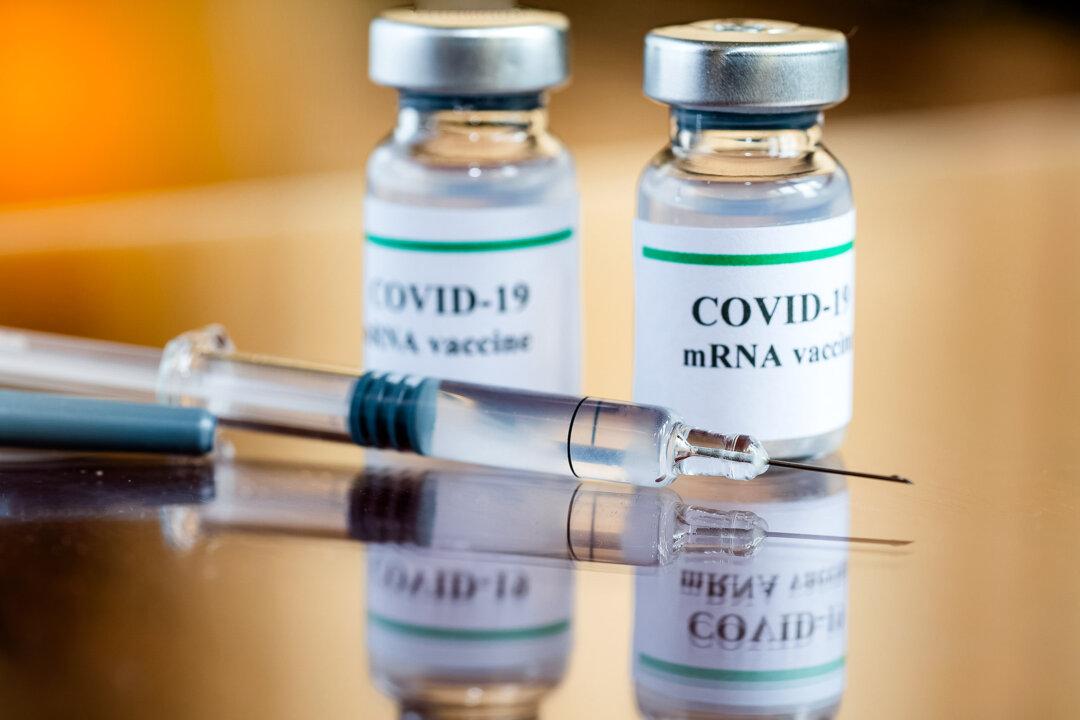Australian Health Minister Mark Butler met with World Health Organisation (WHO) Director-General Tedros Adhanom Ghebreyesus in Geneva.
The two leaders discussed the pandemic accord, negotiations on International Health Regulations (IHR) amendments, and ending HIV.





